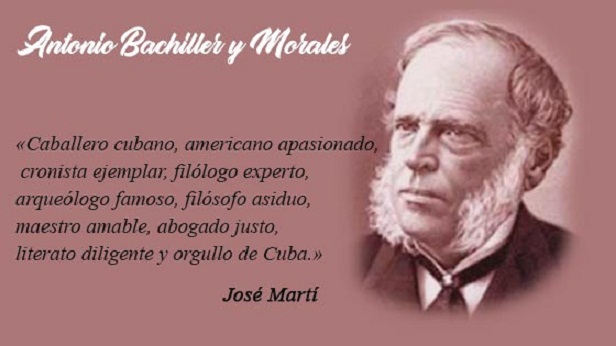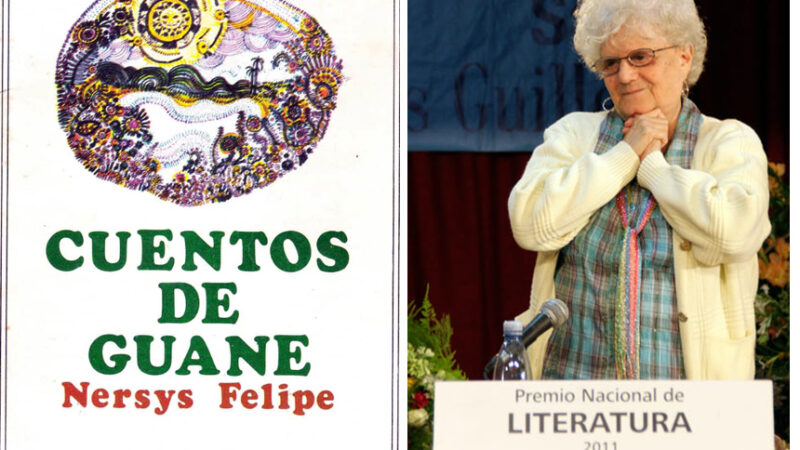Conrado Benítez, Like a Flame of Patriotism
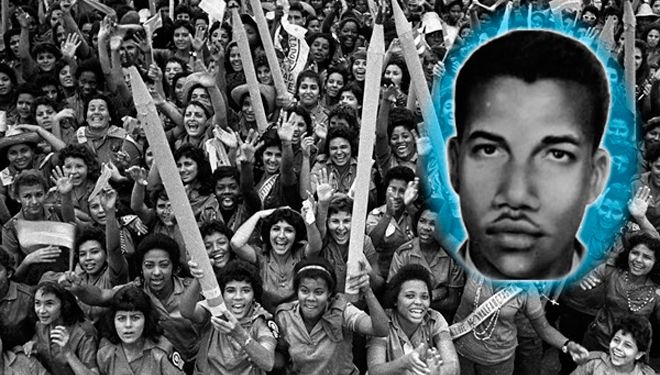
Just over a month before Conrado Benítez García turned 19, he had already become the first martyr of the Literacy Campaign on January 5, 1961.
That day he was assassinated along with several local peasants by Osvaldo Ramírez’s counterrevolutionary group in the Escambray mountain massif in central Cuba, the scene of terrorist attacks organized by the US Central Intelligence Agency.
Those who knew him say that he was a quiet, shy and introverted young man, but with a great desire to study and improve himself. The young man from Matanzas had a special vocation for teaching and joined, in the early months of 1960, the contingent of volunteer teachers at the Pedagogical Training School in Minas de Frío, in the Sierra Maestra.
Following the call made by the then Prime Minister, Fidel Castro Ruz, to spread knowledge among the people, he joined the Literacy Campaign on January 1, 1961, just two years after the revolutionary triumph that had made his dreams of dignity and freedom come true. This also made it possible for him to enroll in a secondary school in his hometown.
Amid his literacy work, during the day he taught more than 40 children, and in the evenings, he taught as many adults who could neither read nor write. It was in the afternoon of January 4, when he returned from his end-of-year holidays, that he was quick to bring his pupils the storybooks and sweets he had bought for them, despite the warning from one of the peasants about the presence of groups of rebels in the Escambray area.
His eagerness to share with his disciples was stronger than that warning, so he decided to continue on his way, hoping that he would arrive before nightfall at the San Ambrosio farm, a place where he was teaching literacy.
On the night of that day, he was surprised by a group of armed men who beat him, tied his hands behind his back, and kidnapped him before subjecting him to numerous tortures.
On January 5, after a mock trial, he was condemned and put to death for the crime of being «poor, black, and a teacher.» Among the objects found beside his corpse were several books on Composition, Physiology, and Arithmetic, as well as the gifts he lovingly wanted to give his pupils.
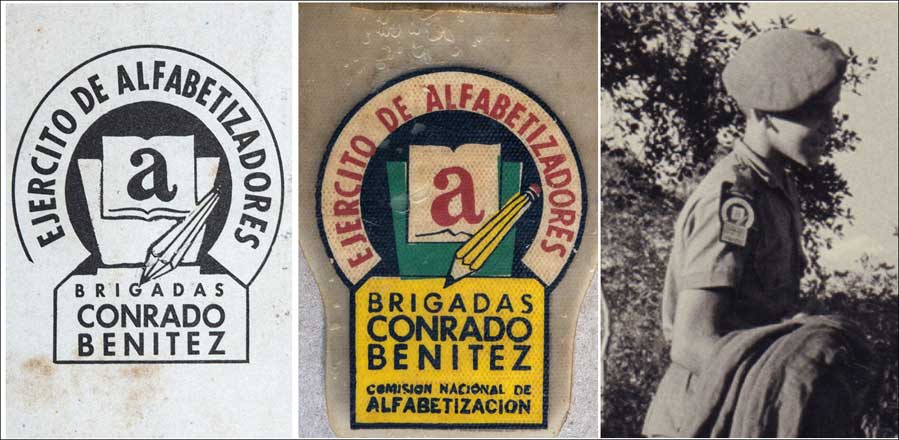
They believed that his death would end one of the most beautiful works of the Revolution. However, such a terrorist act did not intimidate him, but, like a spark, it raised a wave of anger, and patriotic, revolutionary fervor, which immediately manifested itself in the readiness of thousands of young people to set out immediately for the plains and mountains of Cuba, organized in the Conrado Benítez Brigades, formed twelve days later in honor of the murdered teacher, to carry out the literacy campaign.
Fidel said on January 23 of that year, at the graduation ceremony of the Second Contingent of Volunteer Teachers: «…Conrado only knew honest sweat, he only knew poverty… Since the forces of the people, supported by their rights and reason, are a thousand times superior to the forces of criminals and mercenaries. We will see how we teach every illiterate person, and we will see how we will eliminate every last counterrevolutionary criminal.»
Sixty-two years have passed since that event that marked the Cuban people and was reflected with great patriotic fervor in the Literacy Anthem or the Anthem of the Conrado Benítez Brigades, as it is also known: «Cuba, Cuba, study, work, rifle, pencil, textbook, literacy, literacy, literacy, we will win!» and which captures the feelings of a whole generation ready to give everything to fulfill an ideal, like that brave young man, Conrado Benítez, who gave his life.
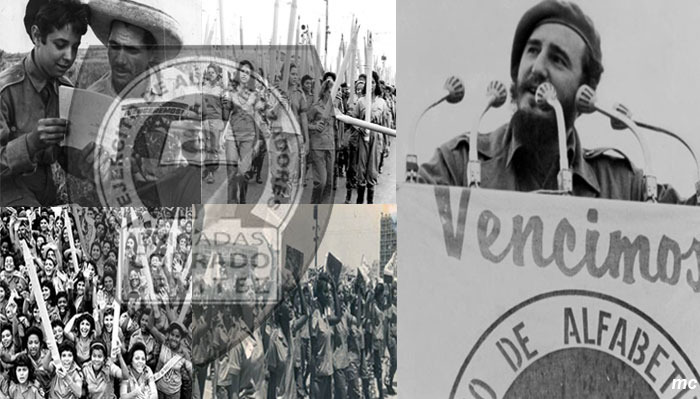
Translated by Luis E. Amador Dominguez


